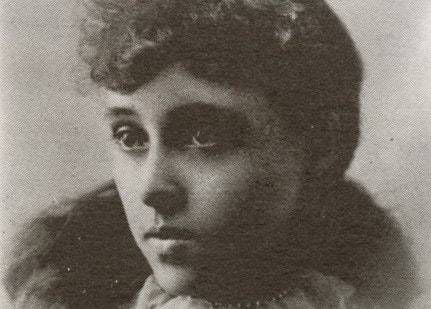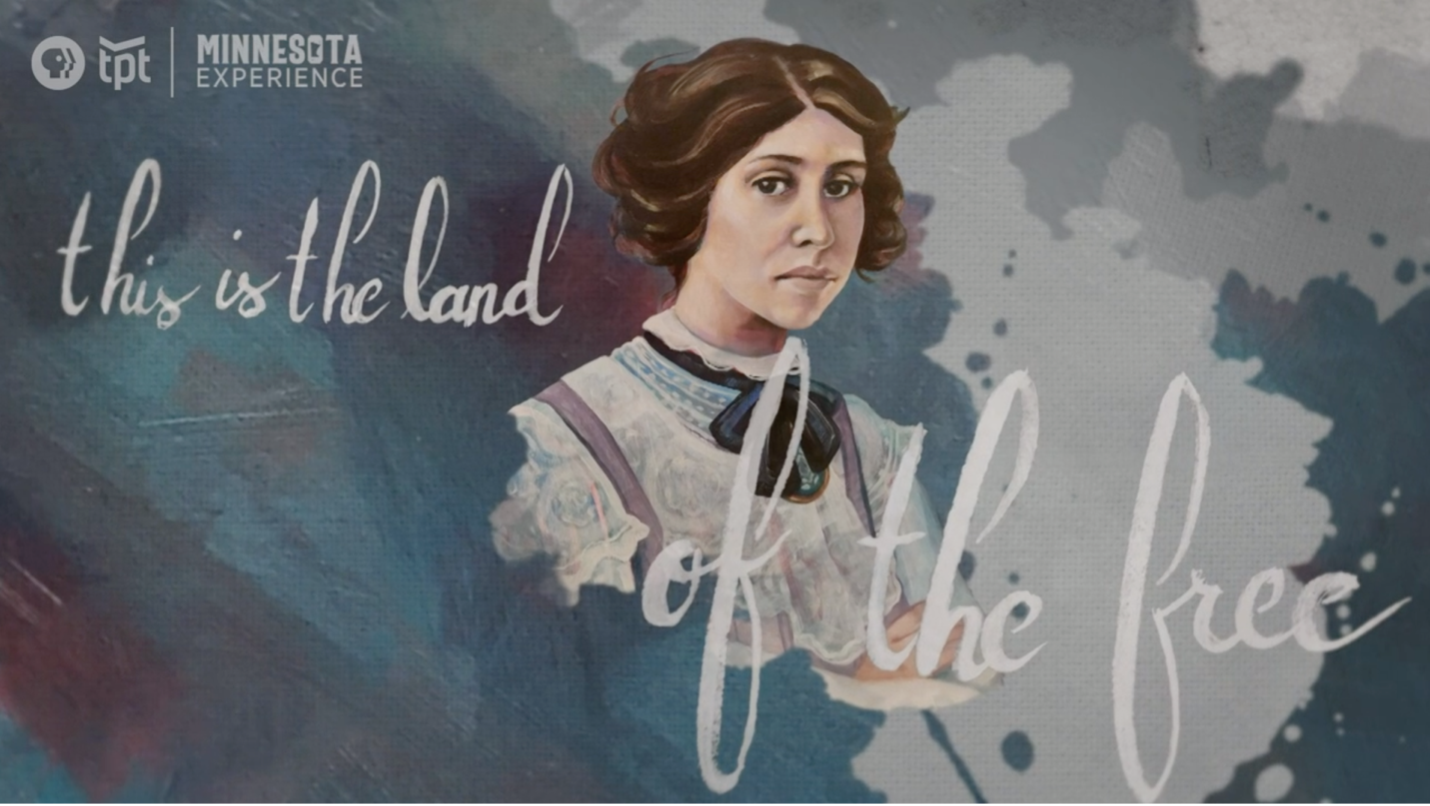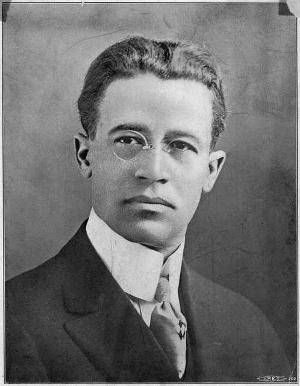Nellie Francis
Nellie Griswold Francis, a prominent suffragist and civil rights activist, fought against racial discrimination and violence in multiple social justice arenas

Many of our Minnesota suffragists were, in fact, migrants from other parts of the country.
Born in Nashville in 1874, Nellie Griswold Francis shared a name with her grandmother, Nellie Seay, who was born into slavery. While there are multiple reports of when her family moved to the Rondo neighborhood in St. Paul, Augsburg professor William D. Green, writes in his book about Francis that the family moved to St. Paul in 1884 so that Francis and her sister could benefit from integrated schools.
Early years in St. Paul
At the time, Minnesota's Black population was growing rapidly – from 490 in 1880 to 3,150 by 1910. Still, Nellie Francis was the only Black student in her graduating class of 84. At her high school commencement, she gave a passionate speech titled, "The Race Problem." The St. Paul Pioneer Press called the speech one of the best of eight given during the ceremony.
After high school, Nellie Francis turned down scholarships for college and drama school in favor of working as a stenographer at the Great Northern Railway in 1891, where she met her husband, William T. Francis. William was a successful lawyer, and the two shared commitment to gender, racial, and social progress.

Suffrage for all, not just white women
In 1914, Nellie dedicated herself full time to civil rights activism and women's suffrage. Notably, she founded and served as president of the Everywoman Suffrage Club in 1914, the only Black women's suffrage group in Minnesota. She also ran the press office of the National Association of Colored women's Clubs, and served twice as a delegate to state suffrage conferences. In 1918, when Minnesota rejected an amendment that would have secured white women's suffrage but excluded Black women, she stated, "Keen would be my disappointment if they had failed to make this sacrifice."
Racial justice activism
When Minnesota drew national attention for the Duluth Lynching in 1920, Nellie Francis went to work by initiating a campaign for anti-lynching legislation. She drafted a bill and used her political influence to build support for the law. The campaign included W.E.B. Du Bois, who spoke at churches in St. Paul and Duluth, offered legal expertise, and lobbied for the bill. In 1921, the bill passed in the Minnesota Legislature with near-unanimous support.

Not only is Nellie Francis credited with writing the bill, but she also played a major role in getting it passed, and, in the process, became one of the first Black women to lobby the Minnesota Legislature.
A few year later in 1924, Nellie and William Francis bought a house in an all-white part of St. Paul, at 2092 Sargent Avenue. In response, neighbor's association offered them one thousand dollars to leave the neighborhood. The Ku Klux Klan also burned crosses on their lawn. Despite this, they lived in the house until moving to Monrovia, Liberia for William's appointment as the U.S. Minister and Consult to Liberia.
After 18 months abroad, William died of yellow fever and Nellie returned stateside where she took care of her namesake grandmother in Nashville, eventually becoming a secretary at Tennessee Agricultural and Industrial University.
While she is recognized on the Minnesota State Capitol grounds in the Woman Suffrage Memorial Garden, her final resting place is next to her husband in Nashville's Greenwood Cemetery.
Nellie Francis is featured in "Citizen", the Minnesota Experience documentary about Minnesota women's fight for suffrage.


